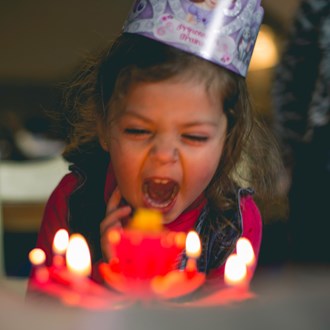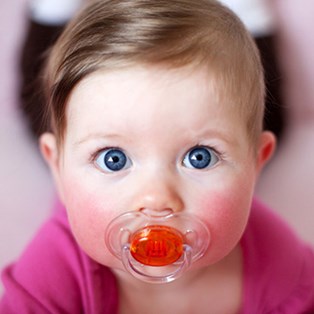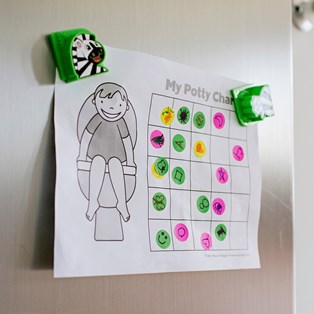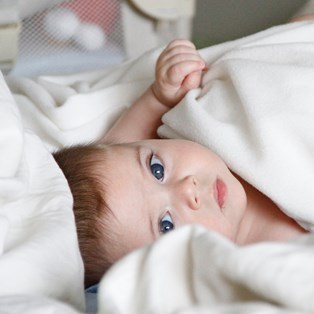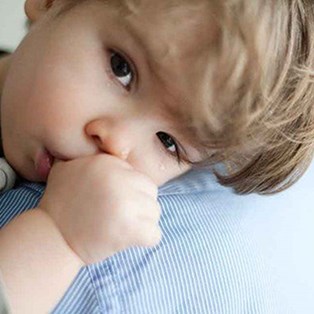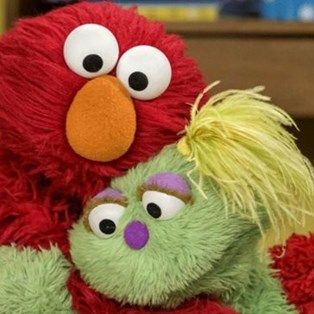How to tell if your child is lying

Struggling to detect if your kid is lying? You aren’t alone.
By Livia Gamble
October 19 2016
Struggling to detect if your child is lying? You aren’t alone.
According to a recent meta-analysis, only 47 per cent of parents can identify when their children are telling fibs.
The study gathered information from 45 experiments involving more than 10,000 kids and adults and while most parents thought they could spot a lie, more than half were wrong.
Child psychologist Dr Louise Porter says the findings aren’t surprising. However, the reason parents can’t tell if their children are lying isn’t because their offspring was born with an exceptional poker face: it’s because people are terrible at detecting lies.
So how can we tell if a child is lying?
“In terms of when they’re telling a lie the only real way of knowing is that they’re looking at you very closely,” says Dr Porter. “They’re watching to see if you believe them.”
It’s the same with all ages. “We think that if they are looking at us they must be telling the truth, but they are trying to see if they have conned you or not,” she said.
Children learn to lie at around the age of three, when they realise their parents aren’t mind readers. By the time they are four years old, the begin to realise the importance of telling the truth. This, however, can be a complex idea if they have a fear of getting in trouble.
For example, if a child has broken something, they might find it difficult to confess because: yes, they did break it, but at the same time they didn’t mean to and they don’t want to get into trouble.
‘Sometimes things turn out a lot worse that they thought they were going to,’ Dr Porter adds. But, instead of punishing children, she says parents should try talking about what happened and attempt to solve it together.
“Children don’t need incentives to behave well,” she said, “They need skills and a mistake is an indication they don’t have a skill.”
Instead of asking, "did you break that vase?" You could say, "I see the vase is broken, let's clean it up."
Similarly, the Raising Children’s Network suggests that when a child owns up to doing something wrong, parents should praise them for being honest.
“Say things like, ‘I’m really glad you told me the truth. I like it when you’re honest’.”




